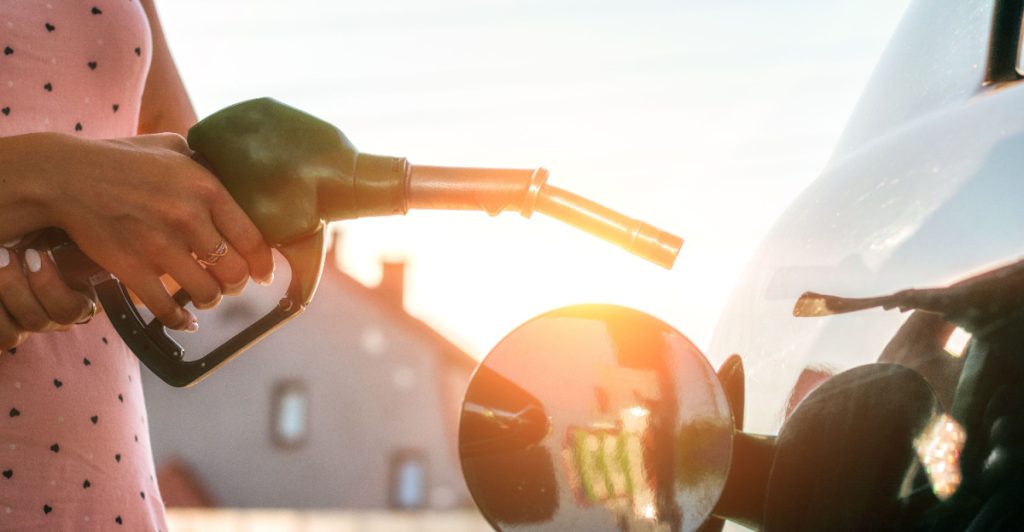Many motorists were taught to “top off” their fuel tanks after the nozzle clicks, but experts warn this habit wastes money and risks costly damage. Stopping when the pump shuts off could save drivers up to £300 a year.
Others are reading now
Many motorists were taught to “top off” their fuel tanks after the nozzle clicks, but experts warn this habit wastes money and risks costly damage. Stopping when the pump shuts off could save drivers up to £300 a year.
Why the Nozzle Clicks Off
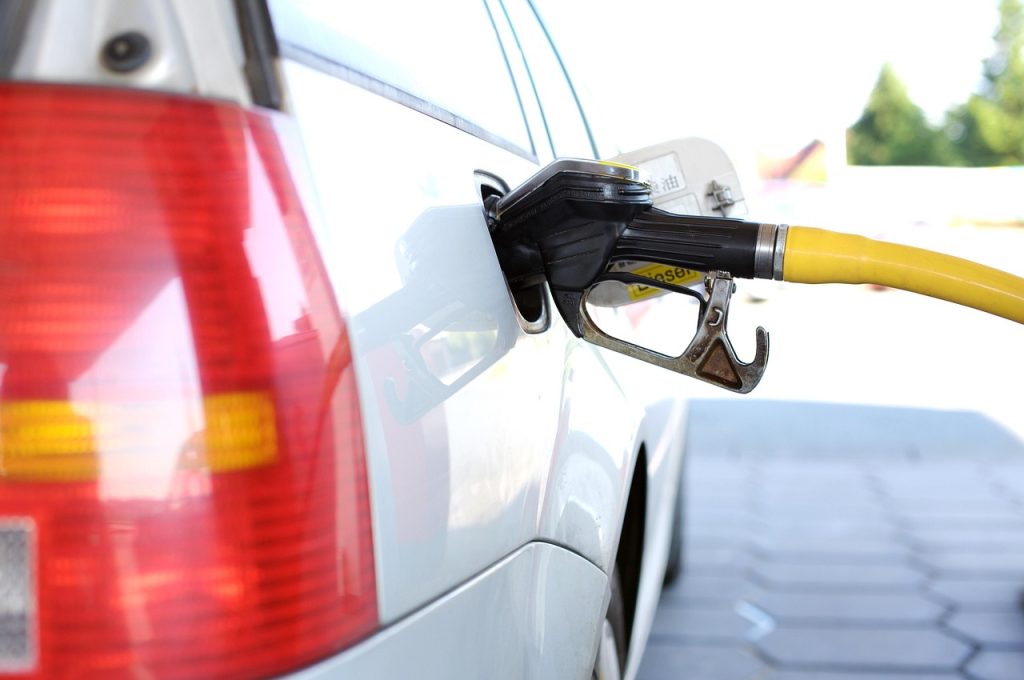
Fuel pumps have an automatic shut-off system that detects when the tank is full. If you continue squeezing, you’re not gaining extra mileage—you’re forcing fuel where it shouldn’t go.
Money Evaporating Into Thin Air
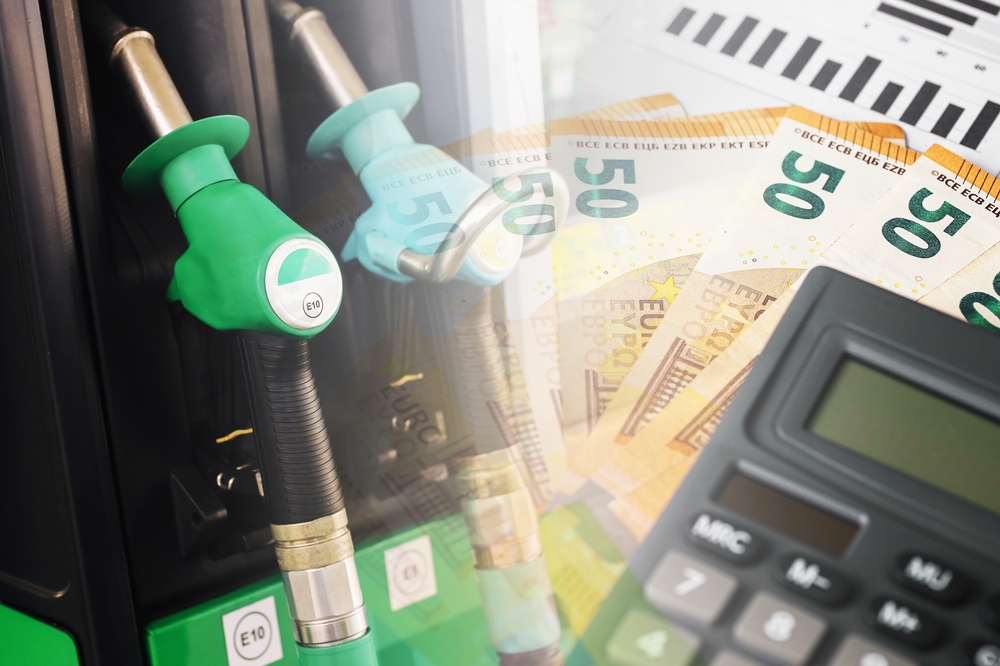
Overfilling often causes petrol to evaporate or spill onto the ground. This means drivers pay for fuel they’ll never use, with wasted petrol adding up to hundreds of pounds annually.
Risk of Car Damage
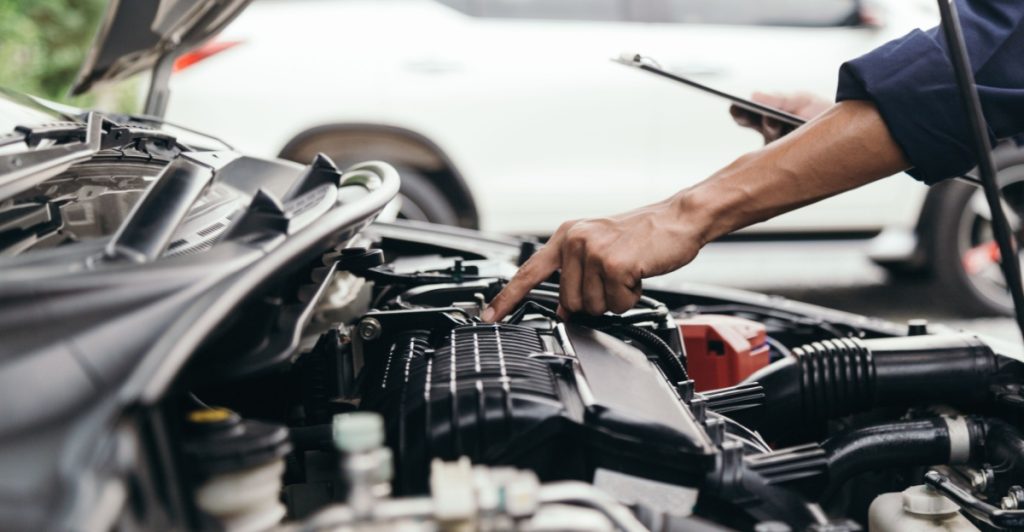
Topping off can flood a car’s vapour recovery system. Repairs for this type of damage typically cost between £100 and £500, and performance can also suffer if fuel vapour reaches the engine.
Petrol Cars Hit Hardest
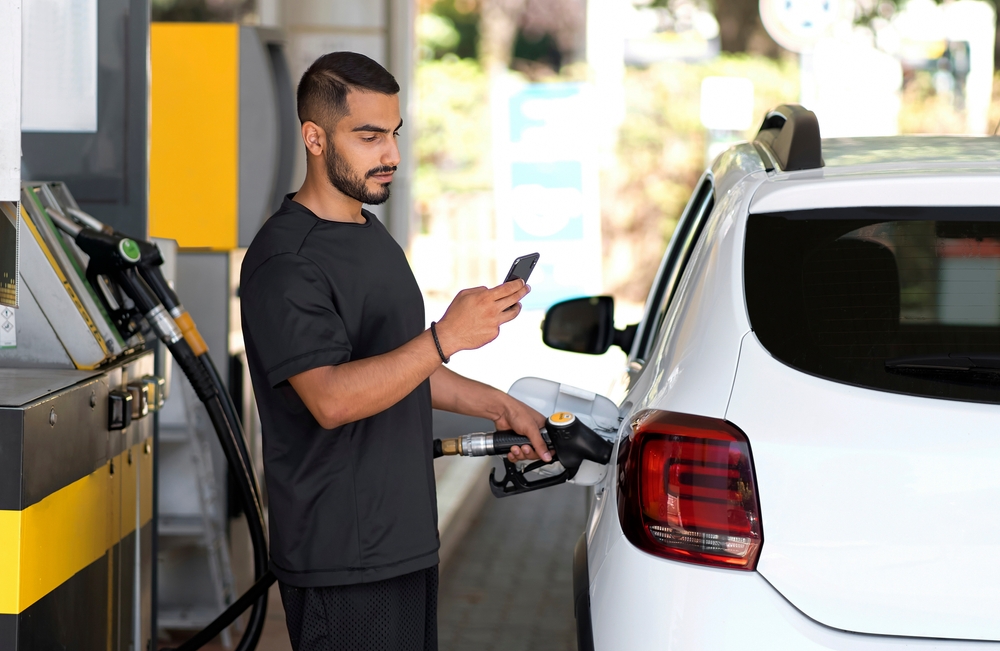
The evaporative emissions system in petrol vehicles is particularly vulnerable. Excess fuel can overwhelm the system, leading to expensive repairs and poor efficiency.
Also read
Diesel Drivers Aren’t Safe Either
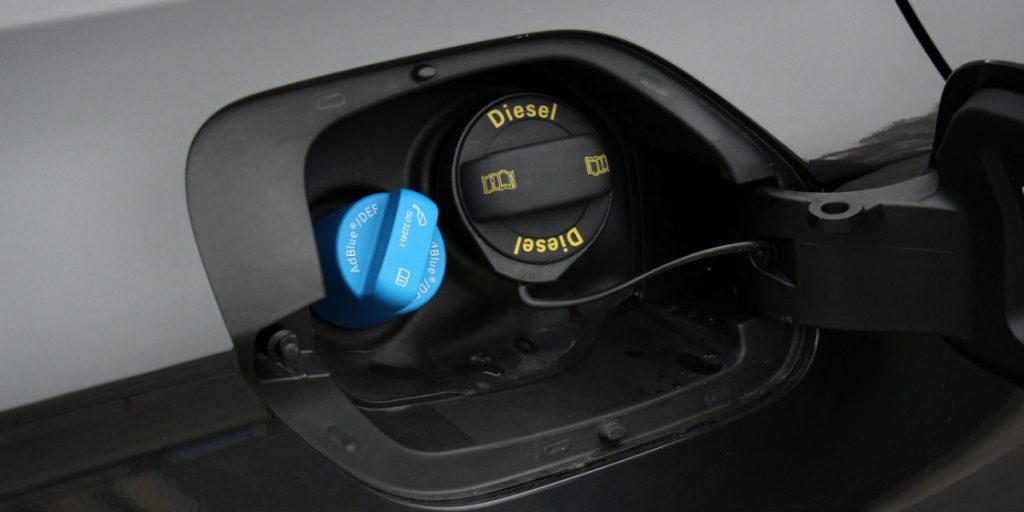
Diesel tanks may not use the same vapour system, but overfilling still causes problems. Diesel expands in hot weather, leading to overflow, wasted fuel, and pollution risks.
Environmental Costs Add Up

Overflowed fuel not only wastes money—it can also harm the environment. Spilled petrol and diesel contribute to ground pollution and increase unnecessary emissions.
Expert Advice Is Clear
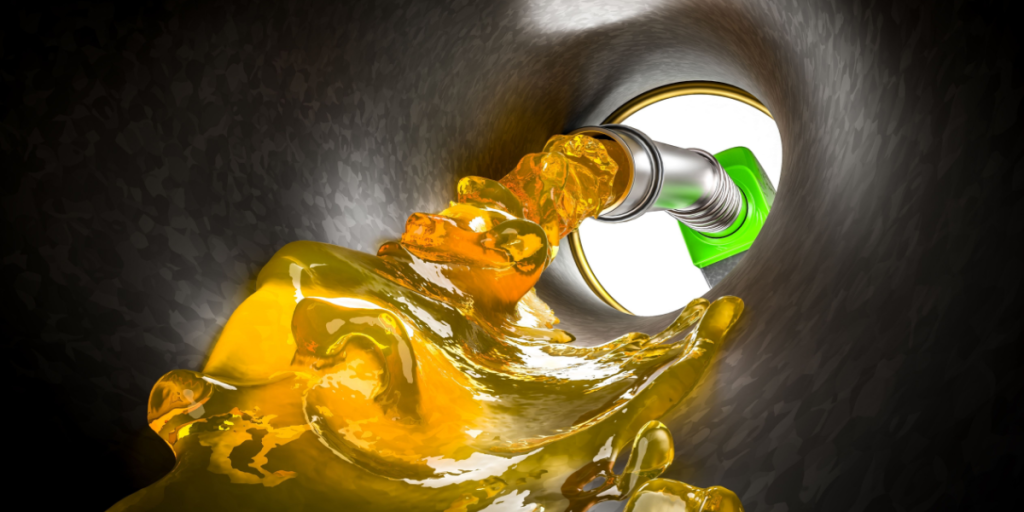
Motoring specialists agree: once the nozzle clicks, stop. Overfilling provides no benefit and carries significant risks for both petrol and diesel vehicles.
A Simple Way to Save Hundreds
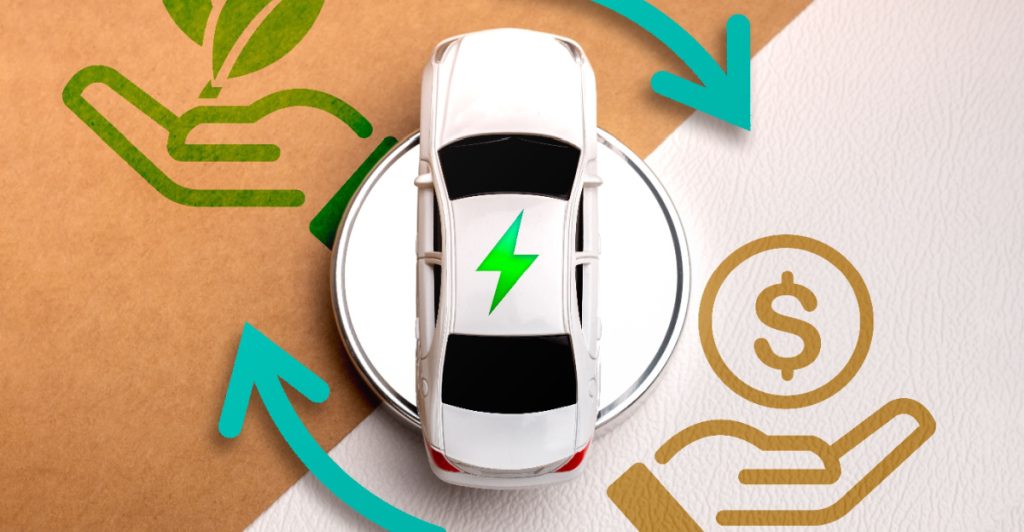
Breaking the “topping off” habit is one of the easiest ways drivers can cut fuel costs. With rising petrol and diesel prices, avoiding this mistake could put £300 a year back in your pocket.

